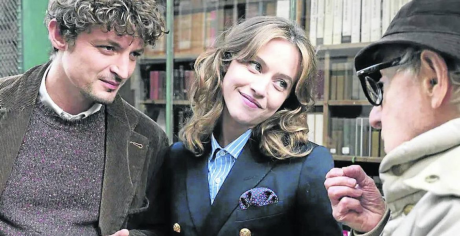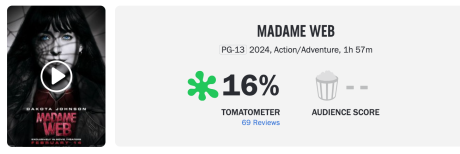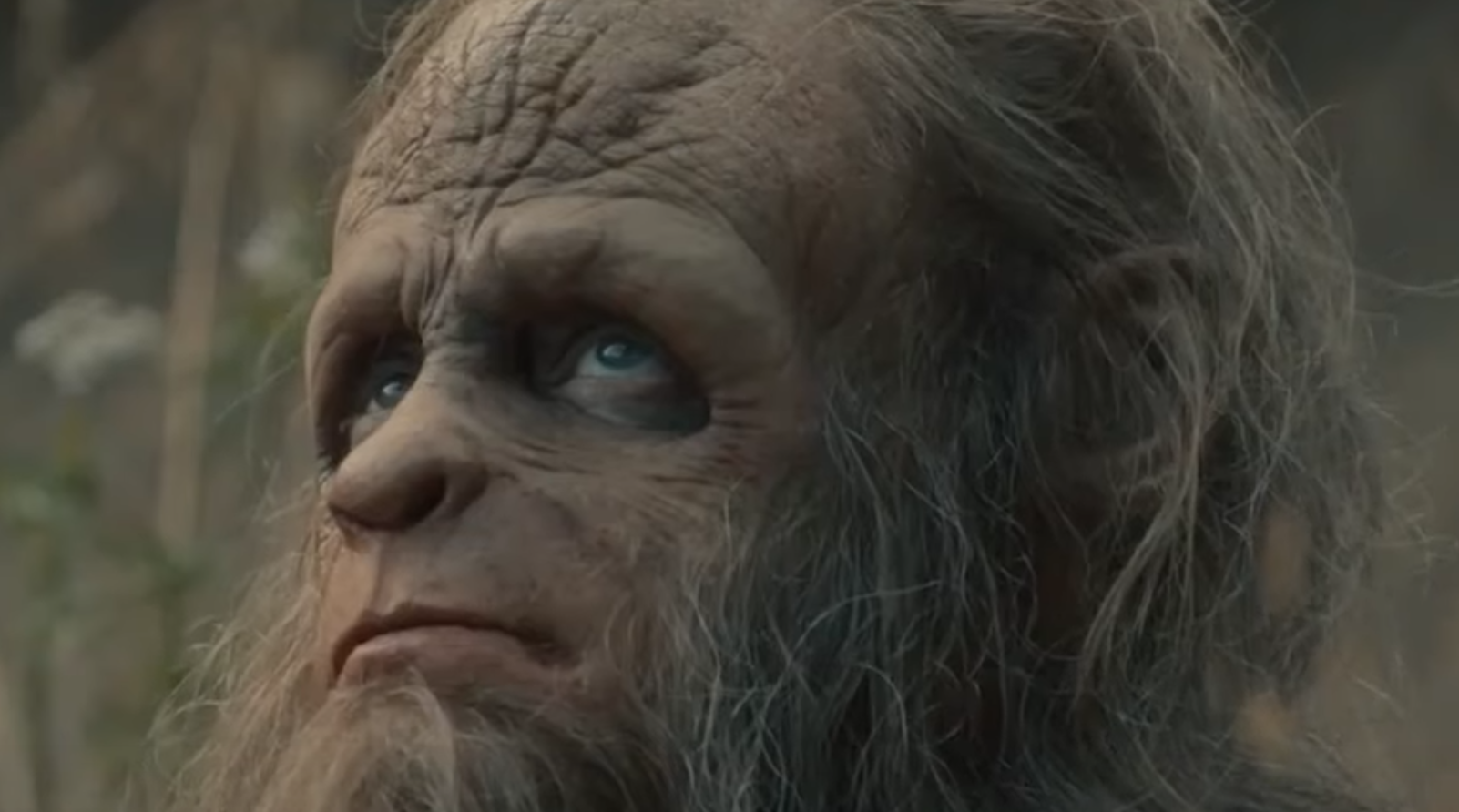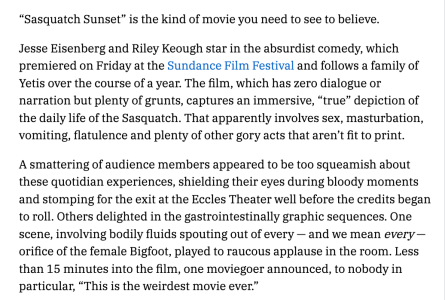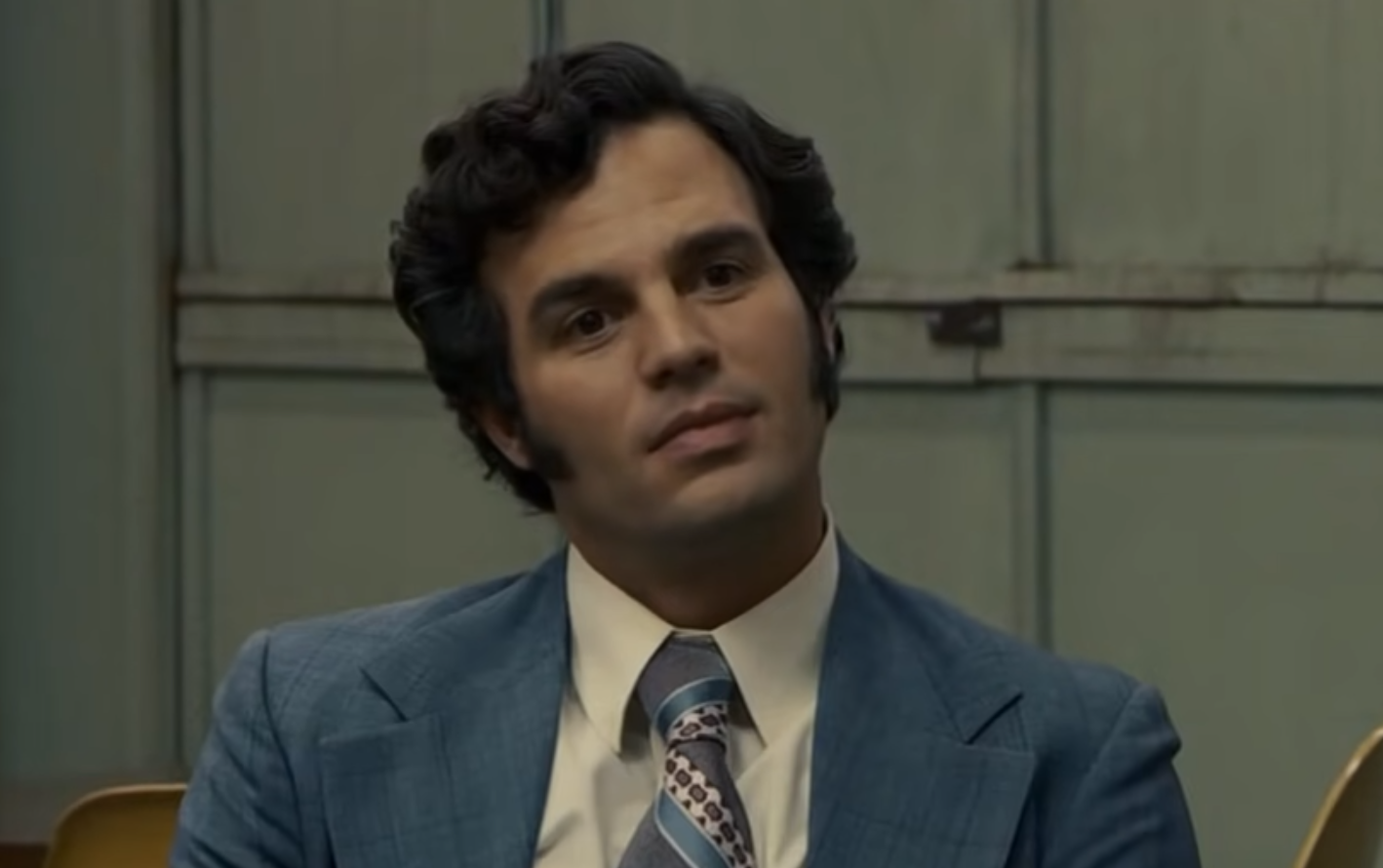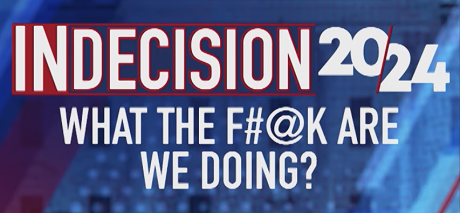Five days after reporting that domestic distribution-wise “nothing is in the works” for Woody Allen‘s Coup de Chance, THR‘s Jordan Hoffman has reversed course by in effect announcing “oops, sorry ’bout that…Woody’s film will be distributed here after all, and within a couple of months.”
The cool-as-a-cucmber Coup de Chance, which debuted to mostly rave or approving reviews at last September’s Venice Film Festival, will debut theatrically in “North American markets” on Friday, 4.5.24, to be followed by a digital/VOD release on Friday, 4.12. The distributor is MPI Media Group.
Need I repeat that two and a half weeks ago (1.24.24) HE reported that “a certain U.S.-based distributor is looking to open (or at least stream) Coup de Chance a couple of months hence, give or take”?

Need I also repeat that on the same day as Hoffman’s “nothing is in the works” article I reported that Hoffman was “dead wrong about this,” and that “a distribution deal has been hammered out (at the very least involving streaming and possibly even a touch of theatrical)” and that “an announcement about same would happen sometime this week.”
The MPI announcement was delayed until today…no biggie.
A Woody Allen film opening theatrically two months hence obviously represents a #MeToo thaw or a lessening of woke Robespierre insanity. Hoffman’s story ignores the cultural significance of this. Why doesn’t Hoffman acknowledge this? I’ll tell you why he doesn’t acknowledge this. Because he’s not allowed to mention it because Penske Media, which owns THR, is totally in bed with the wokesters.
The last Allen film to play theatrically was Wonder Wheel (Amazon) on 12.1.17 — just over six years ago. Allen’s A Rainy Day in New York (’19) and Rifkin’s Festival (’20) received no theatrical exposure due to #MeToo condemnation of Allen over the Dylan Farrow accusations, although both eventually turned up on airplane flights and as streaming titles. Hoffman notes that Rainy Day became a surprise international hit ($28.3 million gross), “particularly in Asia.”
